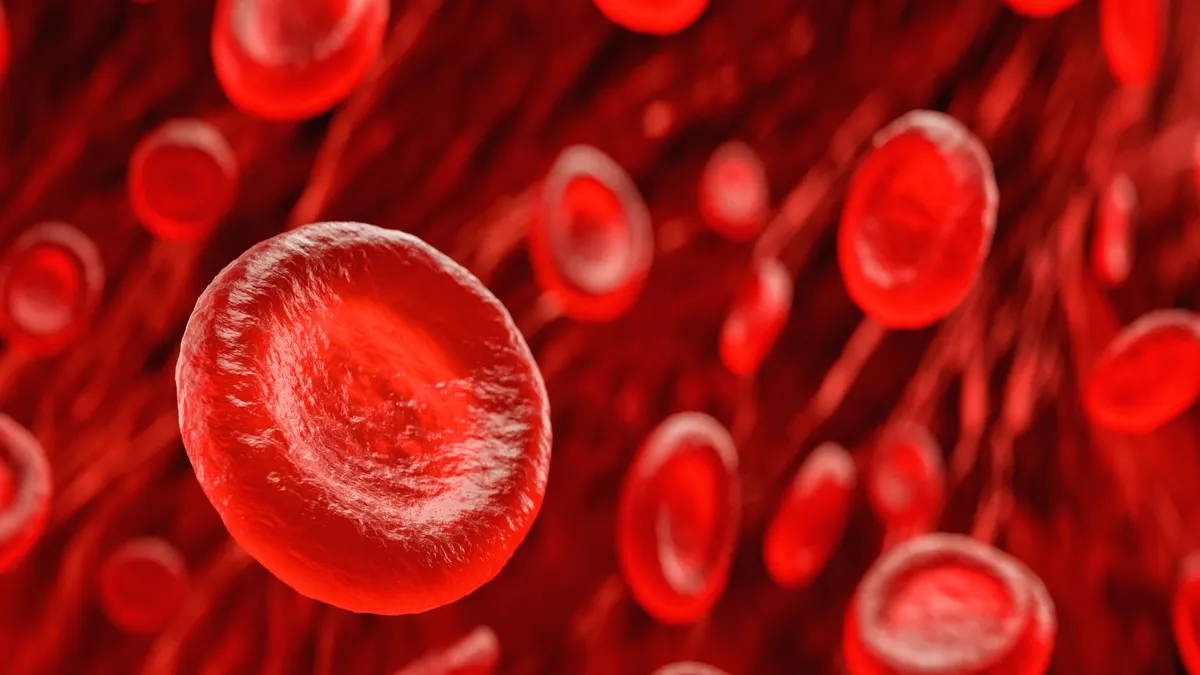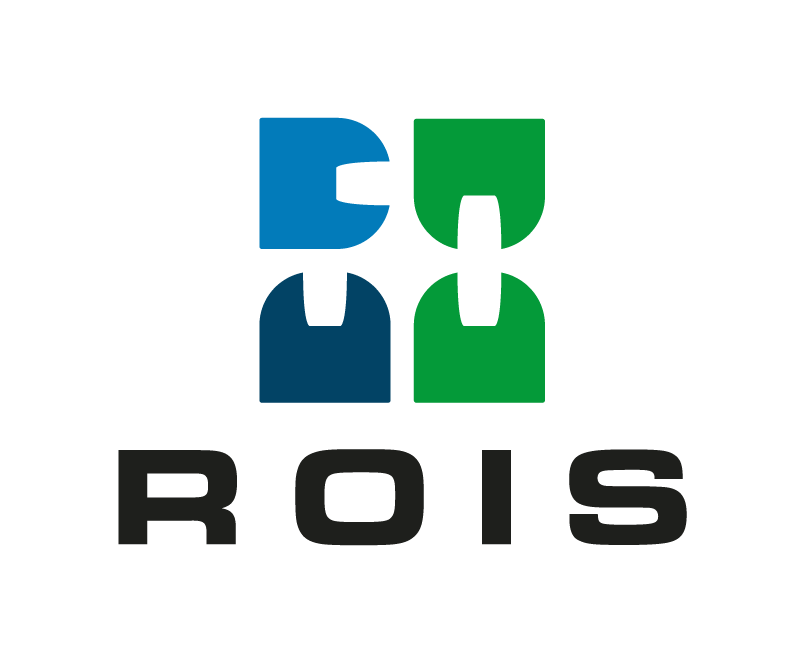Dive Brief:
- Bristol Myers Squibb and Johnson and Johnson have stopped early the first of trio of late-stage trials testing an experimental anticoagulant they hope will become a future blockbuster.
- Trial monitors determined that a regimen involving the drug, milvexian, and standard medications wasn’t likely to be superior to those typical treatments alone at preventing cardiovascular complications in people who’d recently had a heart attack. Despite the failure, the two companies noted that two other large studies are ongoing and milvexian still has “multibillion-dollar potential.”
- Still, the result is the latest setback for drugs in milvexian’s class, called Factor XIa inhibitors and viewed as potentially safer alternatives to widely used medicines like Eliquis and Xarelto. It’s also another recent negative readout for Bristol Myers, which has reported late-stage stumbles for drugs in cancer, mental health conditions and other diseases this year.
Dive Insight:
Bristol Myers and J&J are in the middle of an ambitious clinical program for milvexian.
They’re testing it in three trials initially designed to enroll 50,000 people with irregular heart rhythms, or who’d recently had strokes or heart attacks. Their hope, in doing so, is that milvexian might be able to prevent strokes and other cardiac events as well as existing treatments, while also lowering the risk of internal bleeding. If successful, milvexian might be able to replace the revenue Bristol Myers stands to lose when Eliquis, its best-selling drug, loses patent protection.
Friday’s announcement dampens that outlook, as it appears Bristol Myers and J&J won’t be able to advance it in acute coronary syndrome, or ACS, which encompasses an array of cardiovascular events from heart attacks to unstable angina. While ACS is “distinct” from stroke prevention, the diseases “share similar” biology and thus might have “incrementally negative” implications for that ongoing study, wrote William Blair analyst Matt Phipps.
The trials, now ended, were scheduled to enroll 16,000 people and randomize them to either take milvexian or a placebo in addition to standard antiplatelet therapies like aspirin, Brilinta or Plavix. The study measured whether the addition of milvexian reduced the risk of heart attack, stroke or cardiovascular death.
The companies didn’t release any detailed data from the analysis. But in a statement, Robert A. Harrington, the dean of Weill Cornell Medicine and Librexia’s program chair, said the findings confirmed “the complexity of treating ACS and the need to further advance knowledge of the disease.”
Trial monitors did recommend that the two other studies on stroke prevention and atrial fibrillation should continue, suggesting that they didn’t see any issues that would warrant halting those trials early as well.
One of those two trials is enrolling 15,000 people who have already had one stroke and is evaluating whether adding milvexian to other blood thinners can prevent additional strokes from occurring. The second is testing milvexian directly against Eliquis in more than 20,000 people with atrial fibrillation. Milvexian’s goal is to prove it’s at least as effective as its comparator.
Milvexian’s progress is being closely watched by other companies like Novartis and Regeneron, both of which have stocked their pipelines with similar medicines. Earlier this year, Novartis paid nearly $1 billion up front for a biotech that had advanced an antibody drug that originated in its own laboratories. Regeneron has two antibody drugs in development and has begun testing one of them in Phase 3 trials.















